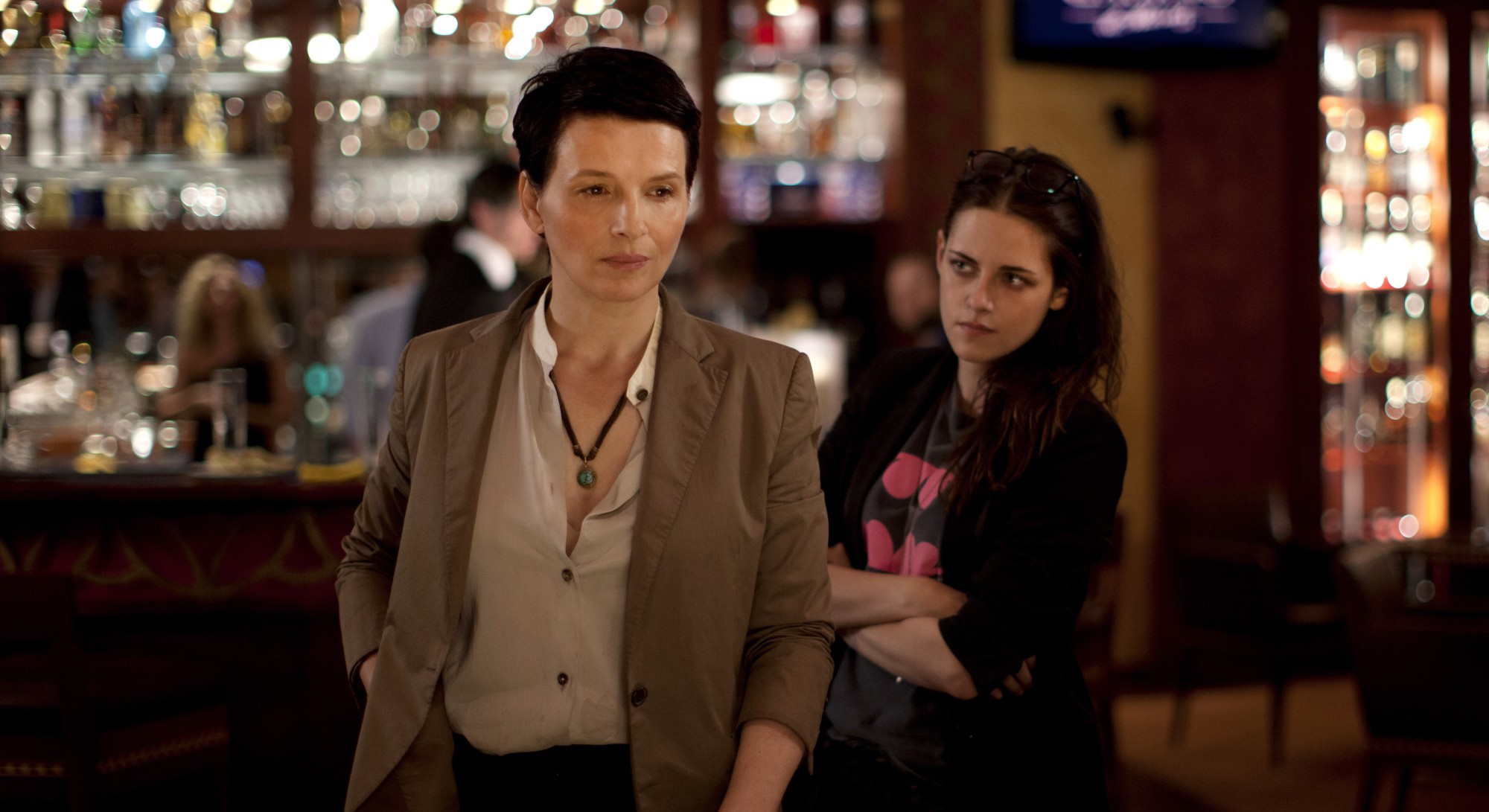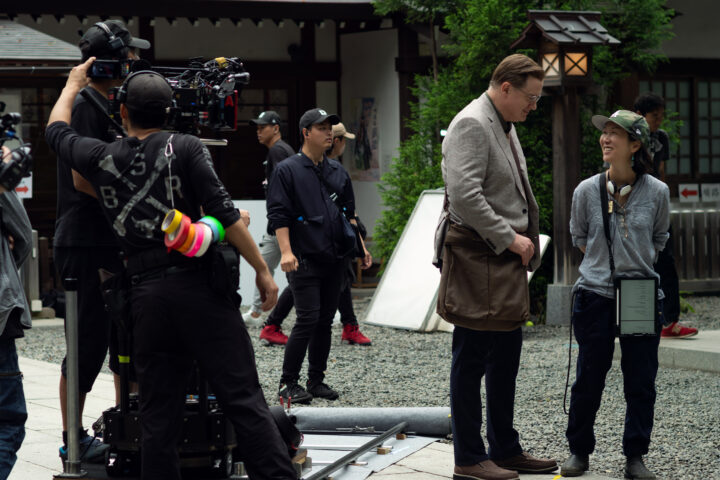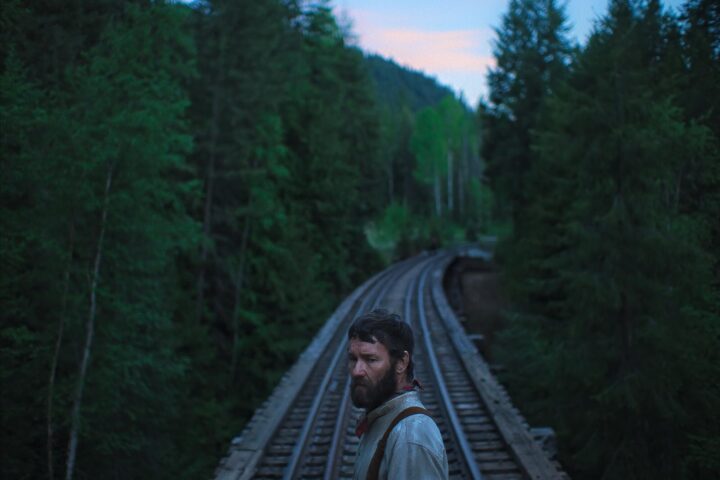Oliver Assays’ Clouds of Sils Maria is an opaque conceptual trip, a thematically dense exercise in self and industry reflections, a nod to both Fassbinder and Bergman and a showcase for its actresses, namely Juliette Binoche as an internationally renown actress undergoing an identity crisis and Kristen Stewart as her loyal assistant. Both stars create original, challenging characters, and Stewart won the Cesar this year for her performance—she’s that good.
En route through the Swiss Alps to pay tribute to the legendary director who made her a star in one indelible play and subsequent movies, Marie Enders (Binoche) is irrevocably shaken when he abruptly passes before her arrival. Their first collaboration put her on the map at a very young age, a modern stage classic about an older, fading lesbian Svengali locked in a power struggle with a much younger lover (inspired by Fassbinder’s The Bitter Tears of Petra von Kant).
Melancholy and in a crisis of identity and career (she’s at the ripe age where actresses are rarely cast and even less relevant), Marie is courted by a young, hotshot director to headline a revival of the now revered drama. The catch? A few decades on, she must now assume the elder role, ambivalently accepting opposite brash, American starlet Jo-Ann (Chloe Grace Moretz).
The death of youth and fear of age in a cynical industry weights heavy, and the stark contrast of both women—one intensely private, studied and focused on finding nuance in every line, the other hounded by paparazzi and much more about charisma—is arresting.
As harried assistant Valentine, Stewart, with atypical authority and impressive articulation, matches Binoche in confidence, the pair’s ideological sparring on the nature of a populist business revealing an unorthodox pairing of global movie stars who could not be more different, or more effective together. According to Assayas, Stewart jumped at the chance to work with—and learn from—Binoche, and their checkmate pairing is effective in extended stretches where the women hide out in the secluded Swiss mountain village of Sils Maria, rehearsing the play and growing closer in gentle nods to Persona, their relationship both professionally sensible but personally enigmatic.
Along the way supporting characters turn up, including a verbosely self-centered actor (German veteran Hanns Zischler) Marie both loves and hates, with whom she once had an ill-suited affair, and a young American director (Brady Corbett) who shows up at exactly the right time, and says exactly the right thing.
Written specifically for Binoche as the culmination of their thirty-year, personal and professional association that began with her starring role in 1985’s Rendez-vous, directed by Andre Téchiné from Assayas’ early screenplay, Clouds of Sils Maria gives her a highly personal character and one Assayas felt was really about her, more than perhaps those of other directors with less of a connection.
Assays, whose movies are always about identity and frequently about globalization, from the loss of family in Summer Hours to the corporate underworld of Demonlover and the indictment of a stagnant film industry in Irma Vep, trains his eye here on a movie industry of franchises and blockbusters that ages out a still viable stars and forces another, thoughtful one to suppress her substance and appear in sheer idiocy to sustain her image.
Assayas casts several reflections in Clouds of Sils Maria that mirror what we know about our stars—the regal Binoche, who herself has moved effortlessly between both Kiarostami and Godzilla, and the depiction of an American movie star’s devil-may-care attitude, which is very much a surface image read of Stewart herself (and perhaps also Moretz).
Cool, deliberately paced and thoughtful, Clouds of Sils Maria is an actors’ picture, and all three women are distinct, original and mysterious.
3 stars.



